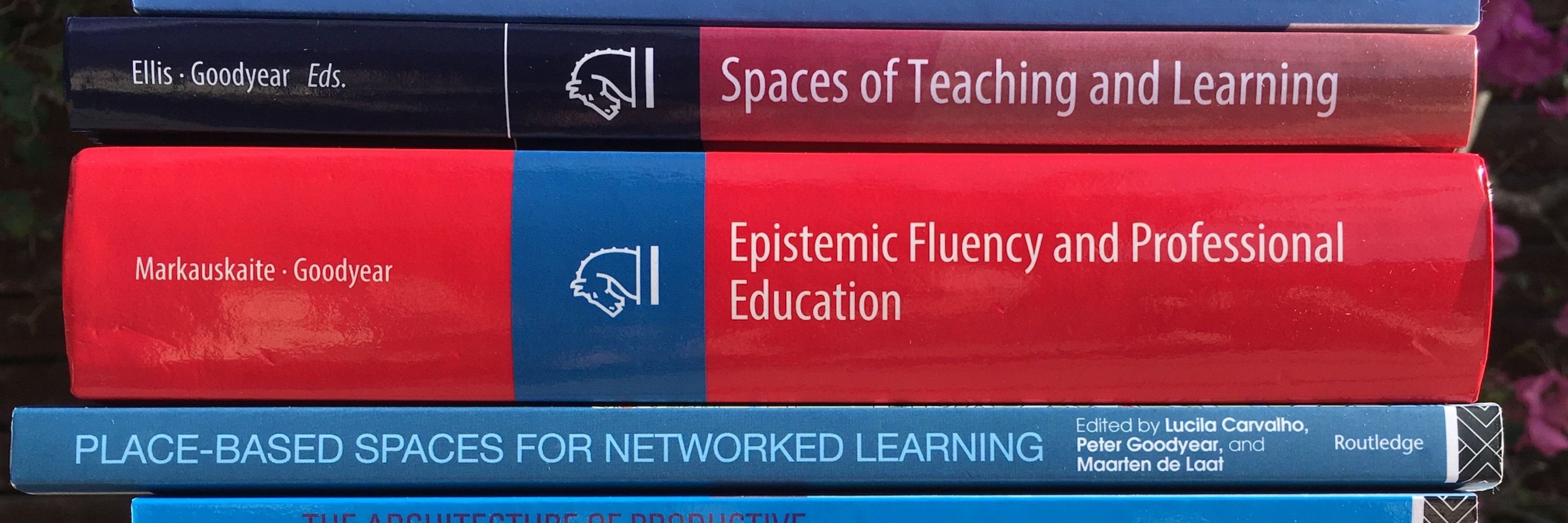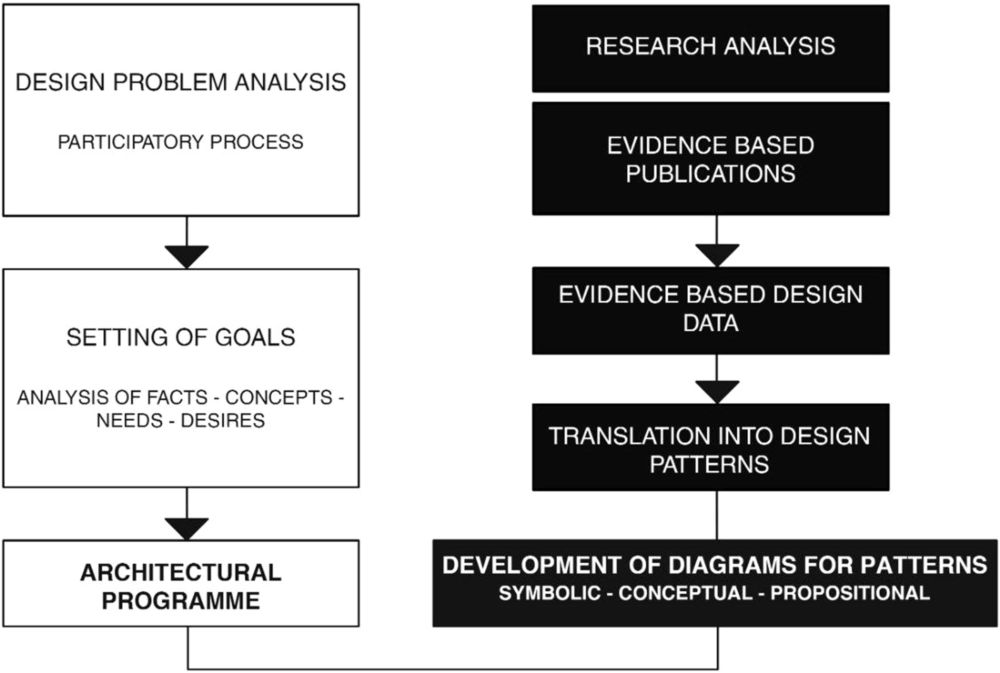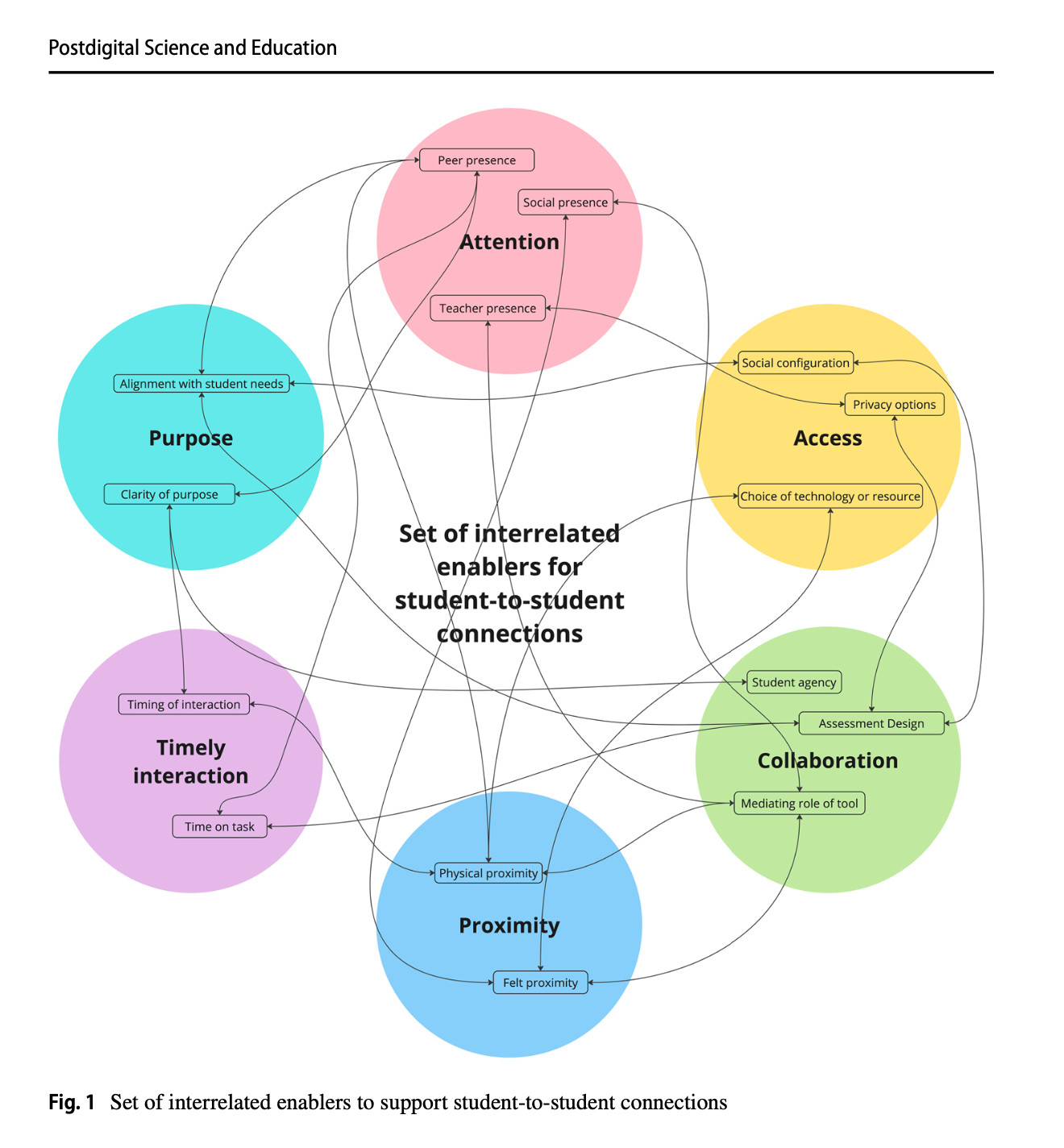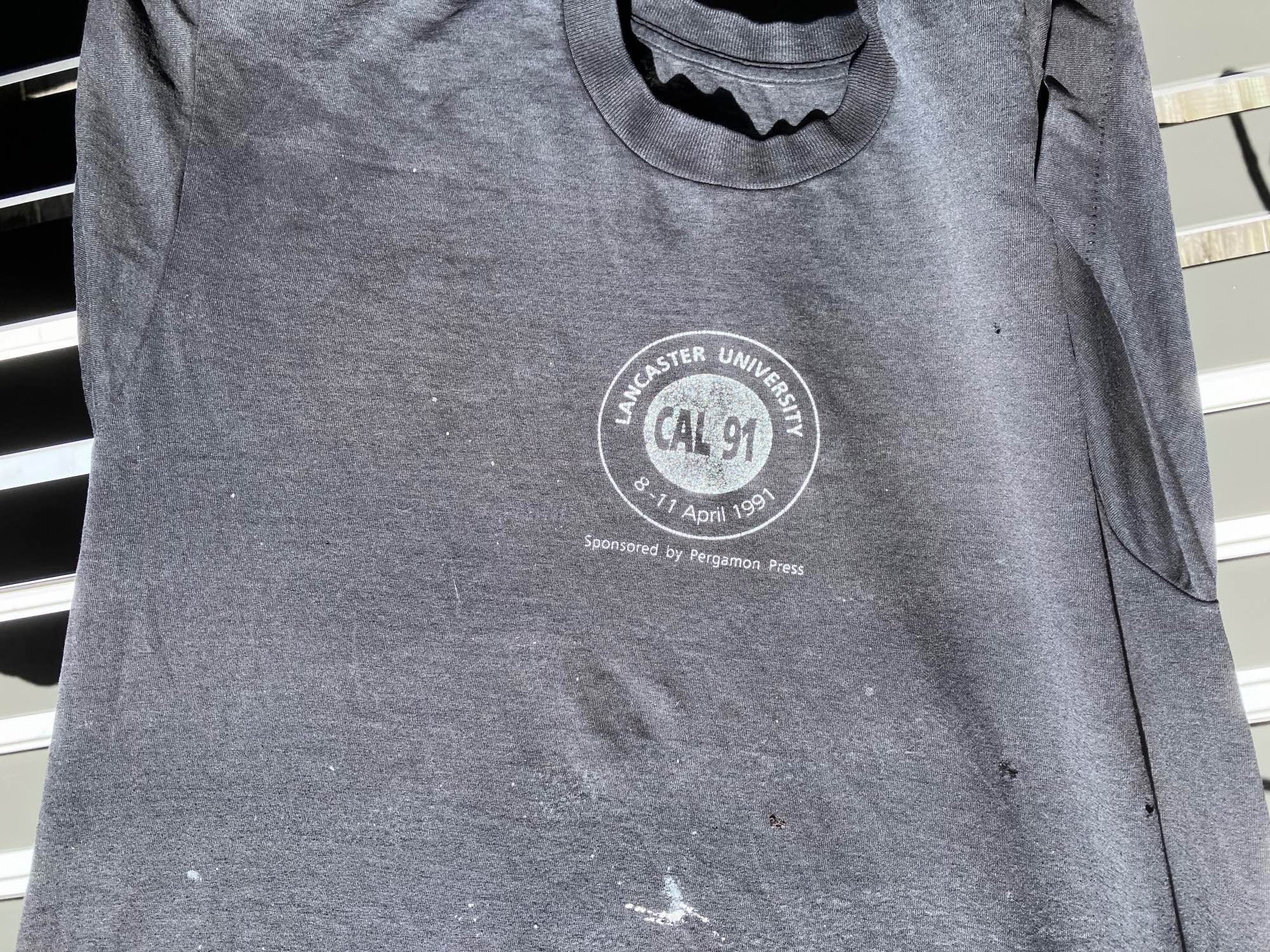
You could go back to Celia Whitchurch’s preferred terms (academic & professional) and her discussion of these matters? Or Claire Field's suggestion of 'colleagues' could work in many circumstances. (Though I think you're not just talking about universities??) 6/6
But terms like ‘professor’ and ‘instructor’, which have some currency in US academia as generic labels, don’t work so well in (say) Australia and the UK, where ‘professor’ has a more restricted meaning and ‘instructor’ is barely used at all. 5/6
So … consideration of audience is probably the way to resolve this. If you’re writing for an audience that includes people who work in US universities, then you can be misunderstood if you talk about ‘staff’ (a term that tends to be reserved there for people who aren’t ‘faculty’). 4/6
Even in journal articles and other shorter-form texts, I think you probably need to define, or give some interpretive clues about, the terms you want to use to denote people in different roles. 3/6
I tend to use terms like ‘teaching staff’, ‘teaching teams’ and ‘managers’ but also usually find that I want to define them in extensive ways – so that we’re not fixated on the ‘solo teacher’ for example and don’t exclude people who do educational work but who aren’t necessarily student-facing. 2/6
I don’t think there’s an elegant solution to this Colin. Few terms work smoothly across English-speaking academia. In a book or a thesis, you have space to define your preferred terms – and you likely have to do this for ‘third space practitioners’ anyway. (1/6)
It would be good to see more studies taking this approach: from literature review to design patterns. #LearningSpaces#DesignForLearningdoi.org/10.1007/s109...

Education at all levels is being transformed, impacting teaching methods, materials, and the physical learning environment. Over recent years, efforts have been made to align school architecture with ...
Edge of my seat as student panel asked about lecture recordings & attendance but delighted all responses in line with evidence, provision of recordings does not drive attendance but are crucial tool for flexibility & revision. My many opinions on this are collated linktr.ee/emilynordmann#altc24
New open access paper on enablers of student-student connections in networked learning by Dewa Wardak & Stephanie Wilson from Sydney Business School. doi.org/10.1007/s424...


